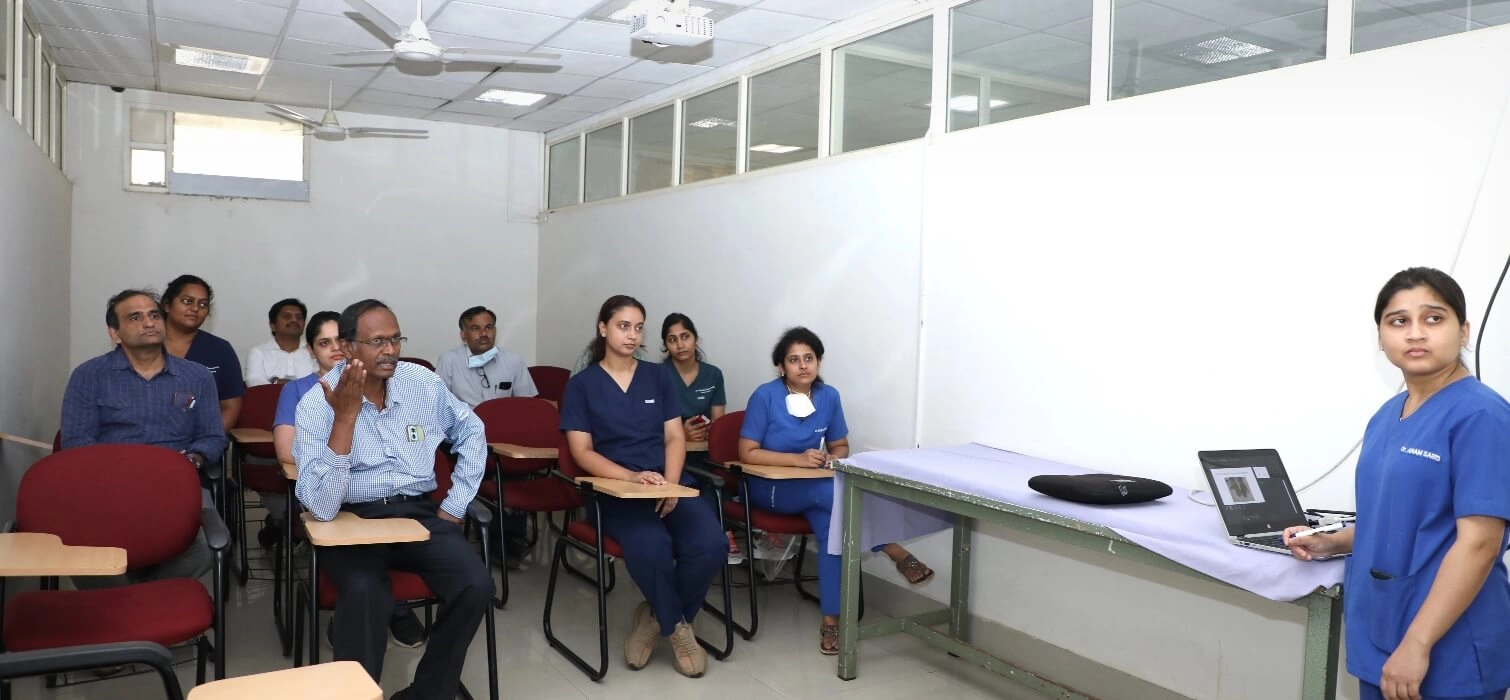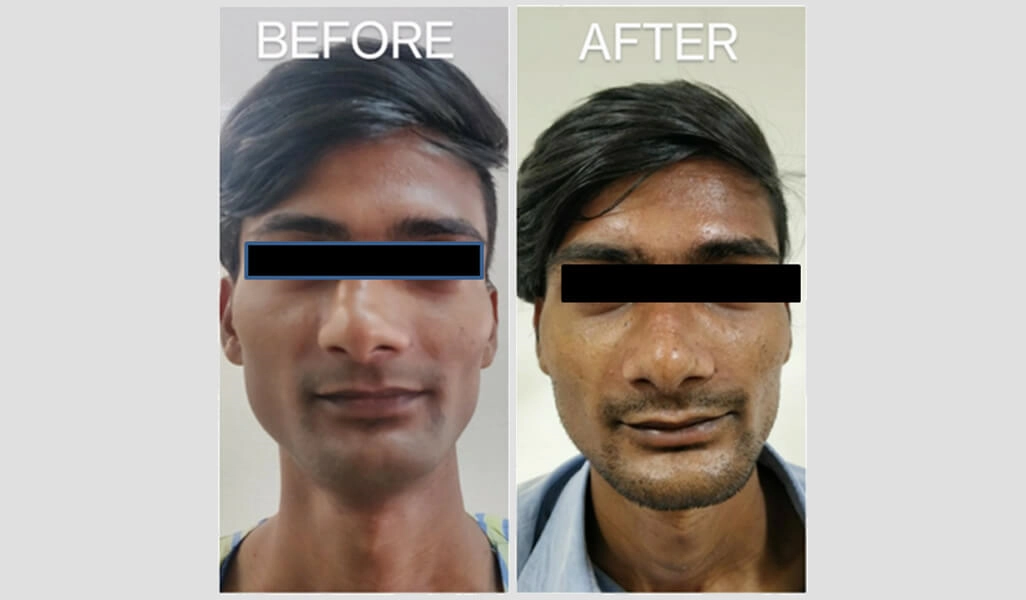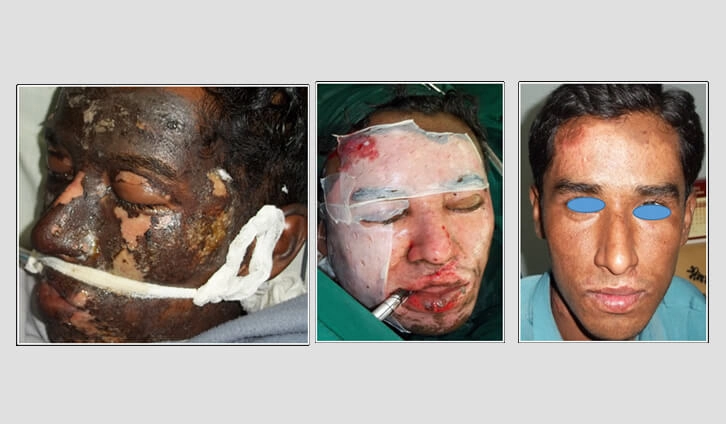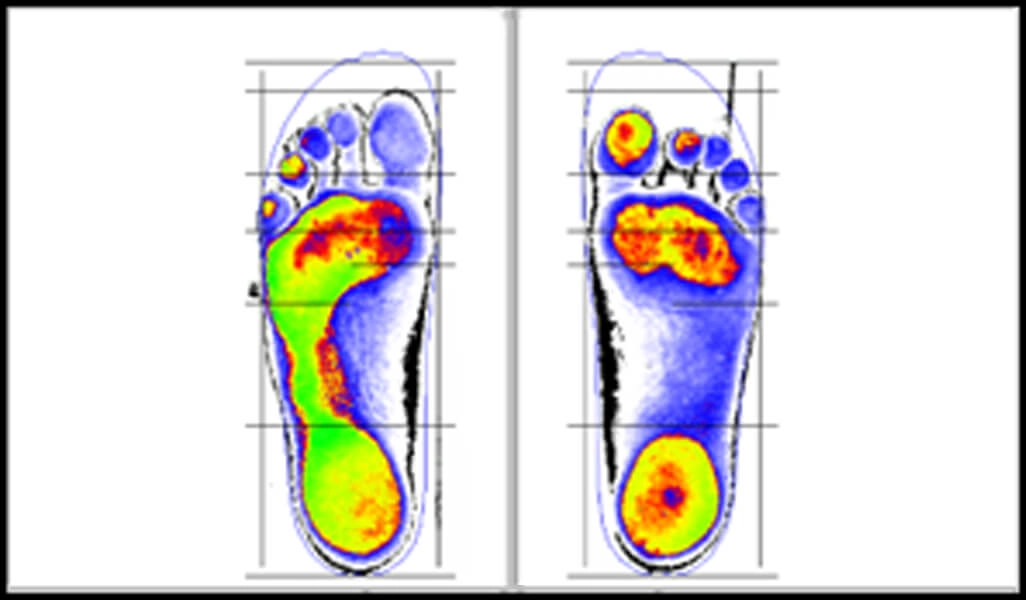Facilities

Plastic surgery is a surgical specialty involving the restoration, reconstruction or alteration of the human body. It has two main categories: reconstructive surgery and cosmetic surgery. Reconstructive surgery includes craniofacial surgery, hand surgery, microsurgery, and the treatment of burns. While reconstructive surgery aims to reconstruct a part of the body or improve its functioning, cosmetic surgery aims at improving the appearance of it
Reconstructive Surgery
Any affected body parts irrespective of the etiology can be restored to normal function and appearance. Trauma, cancer surgeries, congenital (birth) defects all can give rise to loss or deformity to the body parts in different regions. Department of plastic surgery is well trained and equipped to deal with all forms of reconstructive surgery.
Micro Surgery And Surgery For Lymphedema
Microsurgery is a surgical discipline that combines magnification with advanced diploscopes, specialized precision tools and various operating techniques. Using this technique Microvascular surgery is used to reattach severed fingers, hands, arms, and other amputated parts to the body by reconnecting the small blood vessels and restoring the circulation before the tissue starts to die. Department of plastic surgery has all the resources along with 24/7 working team of surgeons for any microsurgical work needed in emergency.
Cosmetic Surgery
In today’s competitive world good presentation is an important aspect of carrier. For individuals who are worried about their aesthetic appearances, department of plastic surgery is always ready to help improve such small nuisances.


Burns And Burns Sequale
Accidental burns can damage the physical as well as mental health of an individual. Burn victim can seek medical attention either for immediate treatment (Acute burns) or for late complications (like contractures, deformities and cosmetic deformities). Experienced team of plastic surgeons have been treating such patients with good care and compassion.

Preventive Diabetic Foot Surgeries
The neuro- spine centre brings together all the specialists involved in diagnosing and treating spinal conditions. Minimally invasive spine surgery (MISS) implies smaller incision, less muscle dissection, preservation of spinal ligaments, less blood loss, faster recovery, and shorter hospital stay with better results as compared to open procedures. Patients with degenerative spine disease are evaluated at the neuro-spine clinic and offered treatment in the form of medications or surgery by a team of dedicated neurosurgeons specialized in minimally invasive spine surgery. Patients are also followed up post-operatively in the Neuro-spine clinic.
Congenital /Birth Defects
Plastic surgeons deal with multiple congenital defects- cleft lip and palate being the most common craniofacial deformity. Timely surgical correction is essential to prevent functional impairments such as feeding difficulties and speech defect & complications like maxillary growth disturbances. Another important aspect is the social and psychological impact of the defect which can be reduced if dealt with timely and the baby can grow up with a near normal appearance and minimal functional deficits.
Rhinoplasty
Rhinoplasty is a procedure which reshapes and redrapes the nose. The motivation for Rhinoplasty may be to change the appearance of the nose, improve breathing, or both. The upper portion of the structure of the nose is bone, and the lower portion is cartilage. Rhinoplasty can change bone, cartilage, skin or all three. The size and relationship of the bone and cartilage determine the size and shape of the nose. Rhinoplasty can be used to reduce the size of the nose, change the shape of the tip or the nasal bridge, narrow the opening of the nostrils, change the angle between the nose and upper lip, correct a birth defect or injury, or help to relieve nasal breathing problems.
